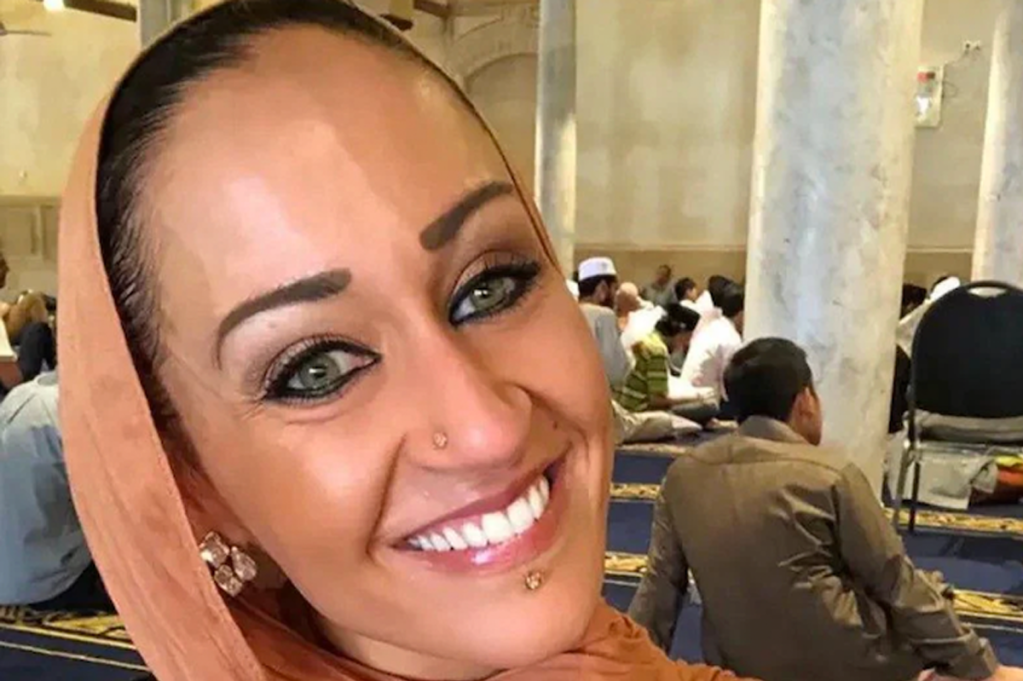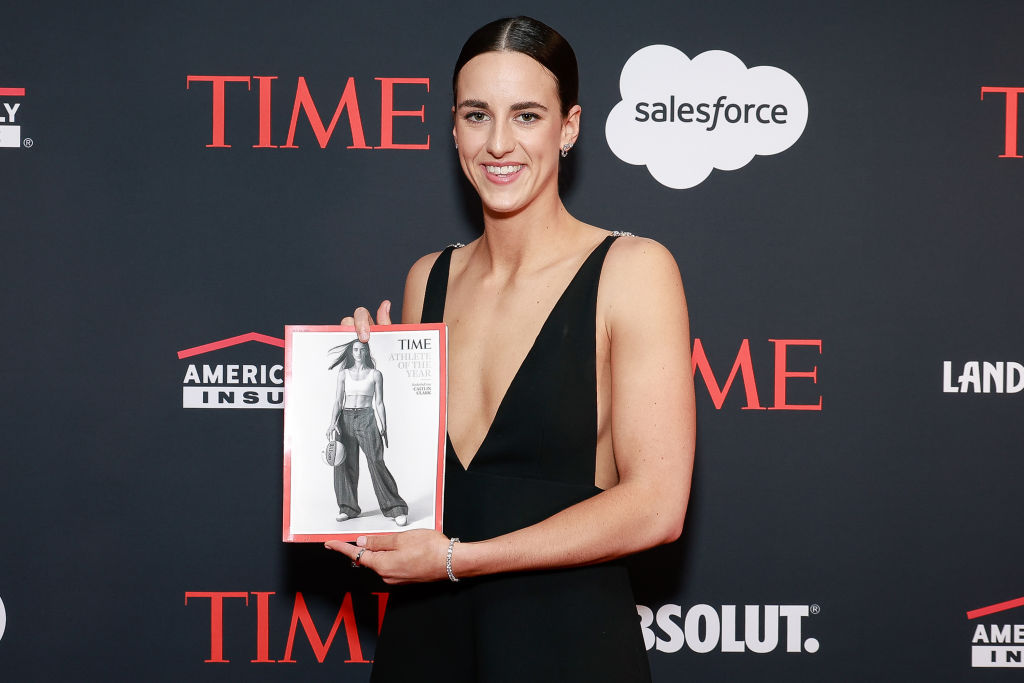Embellishing job applications is a well-honed skill. At the stroke of a pen, two months as an intern becomes four months in a junior position. Being in charge of paper clips is demonstrating leadership. The assistant to the regional manager becomes the assistant regional manager. But no matter how commonplace this exaggeration is, few of us go full Don Draper and make up things about who we actually are.
Meet Raquel Evita Saraswati. Saraswati is chief equity, inclusion and culture officer at the Philadelphia-based American Friends Service Committee, a Quaker organization that fights globally for peace and social justice. Her qualifications for the role are impressive. Not only does Saraswati have the academic credentials and training required, she has that all important extra: lived experience. Saraswati is of Latino, South Asian and Arab descent. The human resources consultant involved in her recruitment, Oskar Pierre Castro, describes her as a “queer, Muslim, multiethnic woman.” What’s more, Saraswati is “an activist,” a public voice for “moderate” Muslims, used to fronting campaigns and challenging media appearances.
Only it turns out, this is not just embellishment but outright untruths. Not the qualifications or employment history — the mundane stuff people usually exaggerate. No, Saraswati was less than truthful on the “lived experience” section of her application. And she has now been publicly outed by her own mother, Carol Perone. “She’s as white as driven snow,” Perone told the Intercept.
Perone says her daughter is not Raquel Evita Saraswati but was born Rachel Elizabeth Seidel. She explains, “I’m German and British, and her father was Calabrese Italian” before adding that her daughter has “chosen to live a lie, and I find that very, very sad.” Childhood photos of a pale-skinned Saraswati, and the testimony of another family member, back up Perone’s account.
We have been here before, most notably with Rachel Dolezal, the self-identified African American academic and civil rights activist who rose to become head of her local branch of the National Association for the Advancement of Colored People before being outed as white by her parents. Then there is Jessica Krug, a former associate professor of history at George Washington University, who, by her own account, grew up as “a white Jewish child in suburban Kansas City” before living “under various assumed identities within a Blackness that I had no right to claim: first North African Blackness, then US rooted Blackness, then Caribbean rooted Bronx Blackness.”
And such controversies aren’t exclusive to America. Anthony Ekundayo Lennon, an award-winning “theatre practitioner of colour” and assistant director on Britain’s first all-black production of Guys and Dolls, turned out to be white. Despite publicly acknowledging his white parents, Lennon’s naturally dark skin meant people assumed he was mixed race. Eventually, Lennon simply stopped correcting people and, somewhere along the line, he dropped his middle name — David — for the Nigerian “Ekundayo.”
Cynics might suggest “race fakers” are motivated by money. Lennon is highly unlikely to have been hired to direct an all-black production if he had owned up to being white. Likewise, academics writing about race and identity are feted for sharing their lived experiences. Castro, who helped recruit Saraswati is clear: “In my mind it was, ‘great, a person of color, a queer person of color, who happens to be a Muslim and a woman,’” he said. You can almost hear him shouting, “Bingo!”
Now the truth has come to light, Castro complains, “I definitely feel conned. I feel deceived.” This is understandable. But we should ask why we now have entire industries and employment sectors that — under the weasel words “lived experience” – are legitimately hiring, promoting and rewarding people apparently on the basis of their skin color.
Until the latter decades of the last century, racial discrimination was rife and overt. Hollywood stars such as Merle Oberon, who had an Indian mother, and Carol Channing, who had a black grandparent, kept their ethnicity secret or deliberately presented themselves as white. That the reverse is now happening seems a very curious sort of progress.
Today, those who switch identities seem to be driven by more than just money. In an age when white women are “Karens” who shed tears to detract from their white guilt, opting out seems attractive. Children constantly hear that gender is something that bears no relation to biology but is, instead, a feeling that must be respected. How do we begin to explain to a ten-year-old that race, which by all accounts is more fluid and socially constructed than sex, is something fixed for all time?
According to her employer, Saraswati ‘stands by her identity’. She has written on Facebook:
I assure people that as soon as I am capable, I will provide answers to the recent discussion and attack on me.
I look forward to her statement. But as well as questioning the race fakers, we need to hold to account the industries that privilege lived experience above all other qualifications, often while morally denigrating “whiteness.” And we need to ask why our culture seems to be as obsessed about skin color now as it was a century ago.
This article was originally published on The Spectator’s UK website.

























